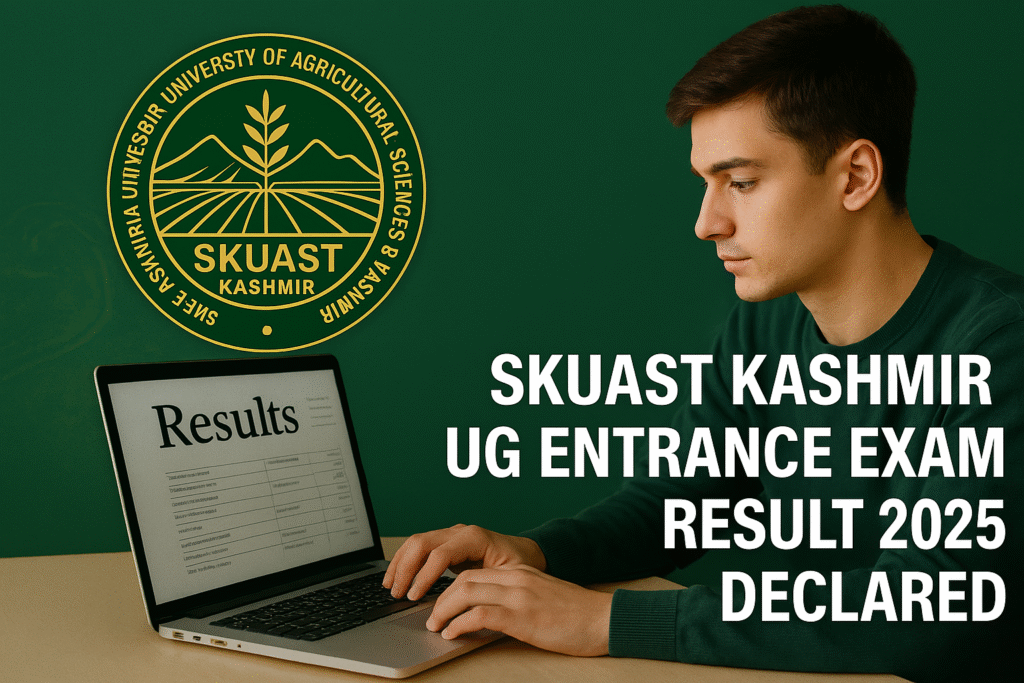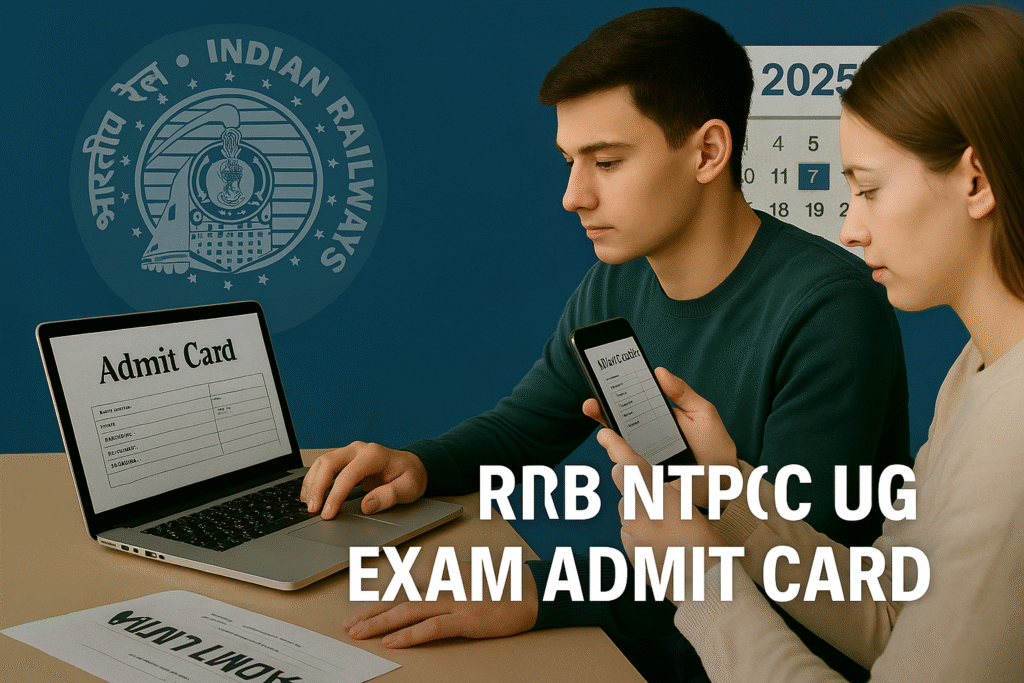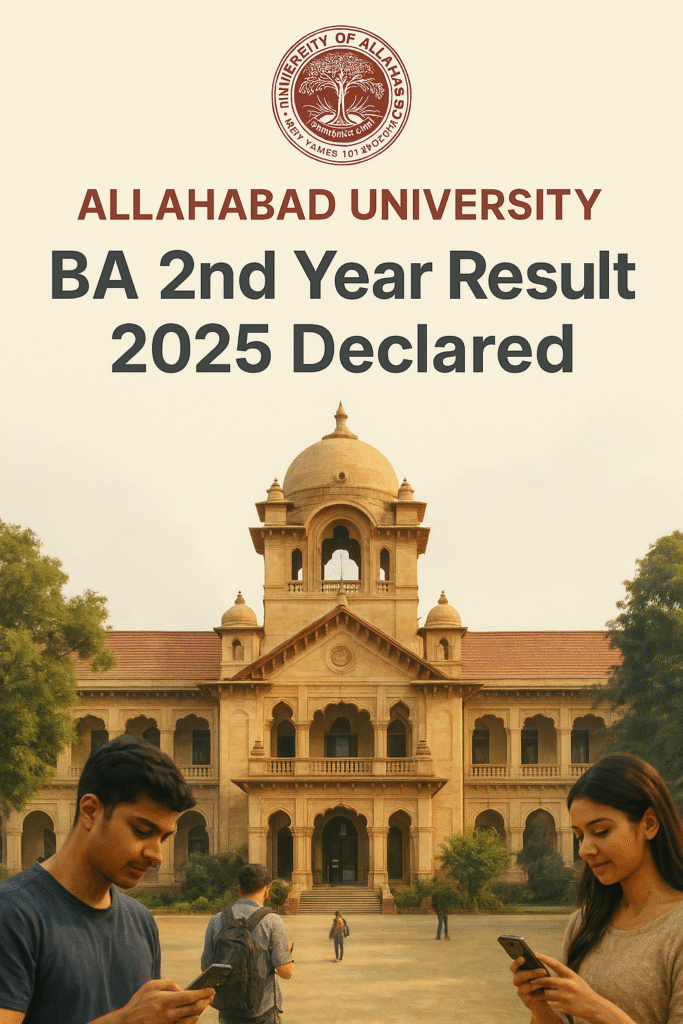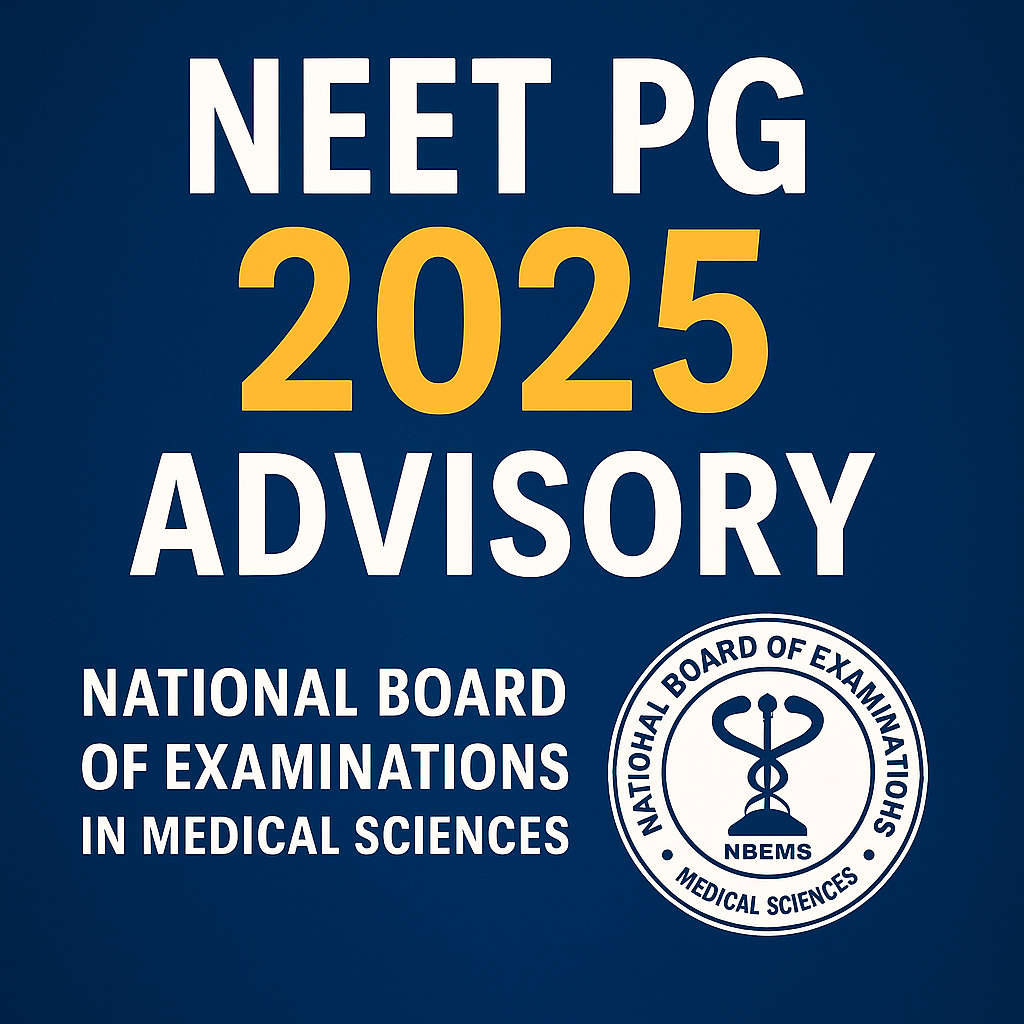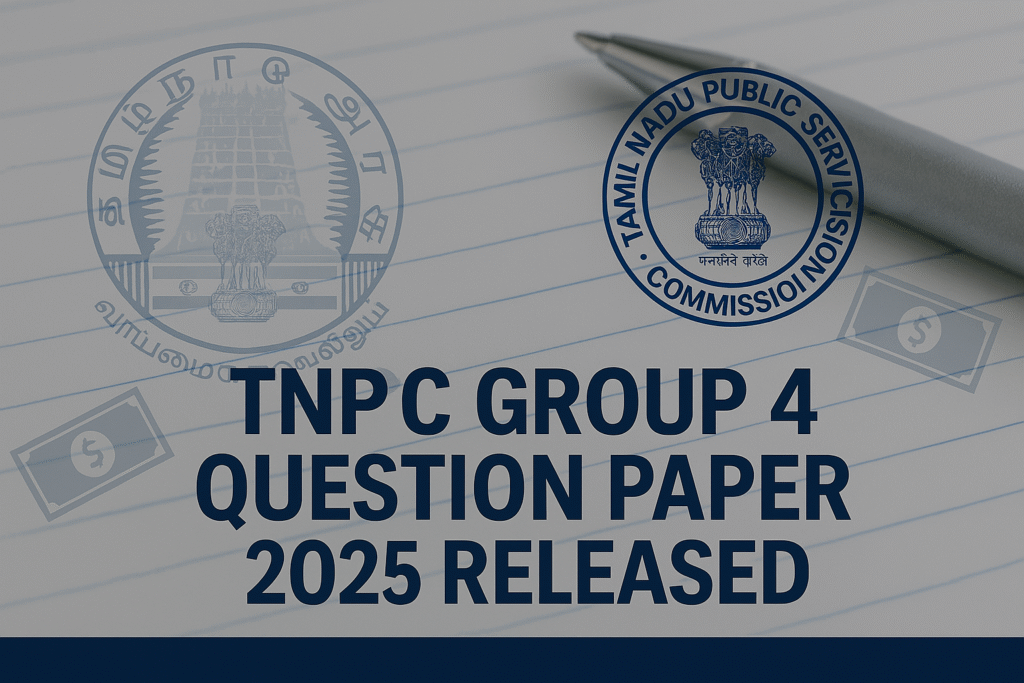The recent SSC protest has sparked national attention, with aspirants demanding accountability from the Centre and transparency from TCS after widespread exam failures and alleged mismanagement. Here’s a deep dive into the protest, background, and what’s next.
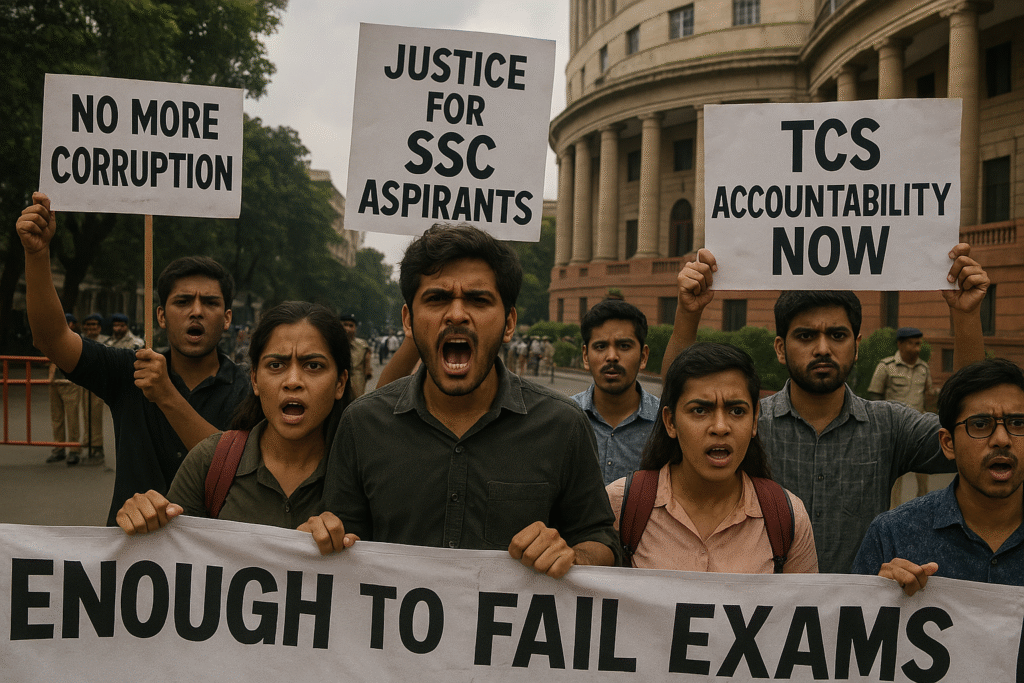
The Staff Selection Commission (SSC) protest has gained massive traction across the country after aspirants alleged irregularities, technical glitches, and mismanagement in recent SSC exams. Fueling the outrage are allegations against Tata Consultancy Services (TCS) — the private agency conducting the exams — and the recent intervention by the Central Government.
With careers at stake and growing public pressure, the SSC protest has become more than a student movement — it’s a national reckoning over examination accountability, digital infrastructure, and aspirant welfare.
Background: What Triggered the SSC Protest?
The SSC protest began in late July 2025 after reports emerged that:
Several SSC exams were marred by technical glitches such as login failures, frozen screens, server lags, and auto-submissions.
Many candidates, especially in rural areas, could not complete their exams or received incorrect results.
TCS, the exam-conducting body, was accused of failure in technical execution.
The Centre intervened, taking over SSC’s exam management to ensure better reliability in the future.
These incidents led to student protests in Delhi, Bihar, Uttar Pradesh, Madhya Pradesh, and Rajasthan, with thousands demanding re-examinations, compensation, and reforms.
The Role of TCS and Its Contract with SSC
How TCS Became Involved
Tata Consultancy Services (TCS) has handled computer-based government recruitment exams — including SSC, banking, and railways — for over a decade.
The SSC signed a contract with TCS to digitize exams securely and efficiently. However, in this cycle:
Widespread server crashes occurred during major exams like SSC CGL and CHSL.
Aspirants reported data mismatches, incorrect question sets, and unfair marking.
Questions arose about TCS’s accountability and oversight mechanisms.
An internal government committee is currently investigating whether TCS failed in its technical obligations, and whether re-tendering is necessary for future exams.
Centre’s Response and SSC’s Accountability
Government Intervention
According to the official statement cited in India Today:
“The central government has taken over direct control of the SSC exam process after multiple complaints were received. An independent committee will review the technological failures.”
This marked a major shift, placing the SSC exam infrastructure under direct ministerial monitoring — a first in two decades.
SSC’s Silence and Criticism
The Staff Selection Commission remained silent for over a week, offering no formal apology. This angered many aspirants who had:
Paid application fees ranging from ₹100 to ₹500
Traveled to remote centers across states
Prepared for months or even years
Voices from the Ground – Student Protest Highlights
Protest Sites and Participation
Delhi’s Jantar Mantar became the hub, where over 12,000 aspirants assembled with banners.
Social media movements like #SSC_Justice, #TCS_Accountable, and #ReExamSSC trended nationally.
Notable student unions and political figures visited protest sites to support the cause.
Demands from Protesters
Students have raised these key demands:
Immediate re-exam for failed sessions
Full disclosure of answer keys and results
Action against TCS
Compensation for affected candidates
Legislation for exam transparency and digital oversight
TCS Under Scrutiny: What the Probe Will Cover
The official probe will evaluate:
Server uptime logs from all SSC centers
Exam software performance audits
TCS’s data privacy policies
Whether malpractice or tampering occurred
Any violation of contract obligations
If violations are proven, the Centre may terminate TCS’s role and float fresh tenders.
Political & Social Reaction
Opposition’s Stand
Many political parties condemned the government for outsourcing national exams to private vendors without robust regulation.
Legal Perspective
Several lawyers and RTI activists have moved Delhi High Court for:
A court-monitored probe
Compensation for lost academic years
Protection of student rights under the Right to Education framework
Latest Developments (As of August 2025)
Union Education Ministry formed a 5-member panel led by IAS officer Rajiv Kumar to submit findings by August 15.
TCS issued a press release stating that all exam centers met regulatory standards — this was met with skepticism.
A new digital monitoring platform is being considered to track real-time data flow during exams.
The Bigger Picture: Digital Exams in India
The SSC incident has reignited the debate around:
Privatization vs Public Oversight in national exams
Data integrity in digital formats
Cybersecurity gaps in cloud-based testing platforms
Urban-rural digital divide
Experts warn that unless digital infra improves, more exam failures and lawsuits are imminent.
FAQ Section
Why are SSC aspirants protesting?
Due to widespread technical failures, unfair exam conditions, and mismanagement by the agency TCS during online exams.
What action has the government taken?
The Centre took over the SSC exam process, launched a probe against TCS, and formed a special investigative committee.
Will the SSC exams be re-conducted?
No official re-exam has been announced yet. However, the final decision depends on the probe’s outcome.
Is TCS still handling other government exams?
As of now, yes. But its role is under review, and fresh tenders may be floated depending on the committee’s report.
Conclusion
The SSC protest has once again highlighted India’s fragile digital exam ecosystem, where millions of futures hang in balance. With a central probe underway and aspirants unrelenting, this movement could reshape how national exams are designed, conducted, and monitored in India.
More than just a protest, it’s a wake-up call for the government, agencies like TCS, and regulatory bodies to ensure transparency, fairness, and accountability in one of the world’s largest recruitment systems.




